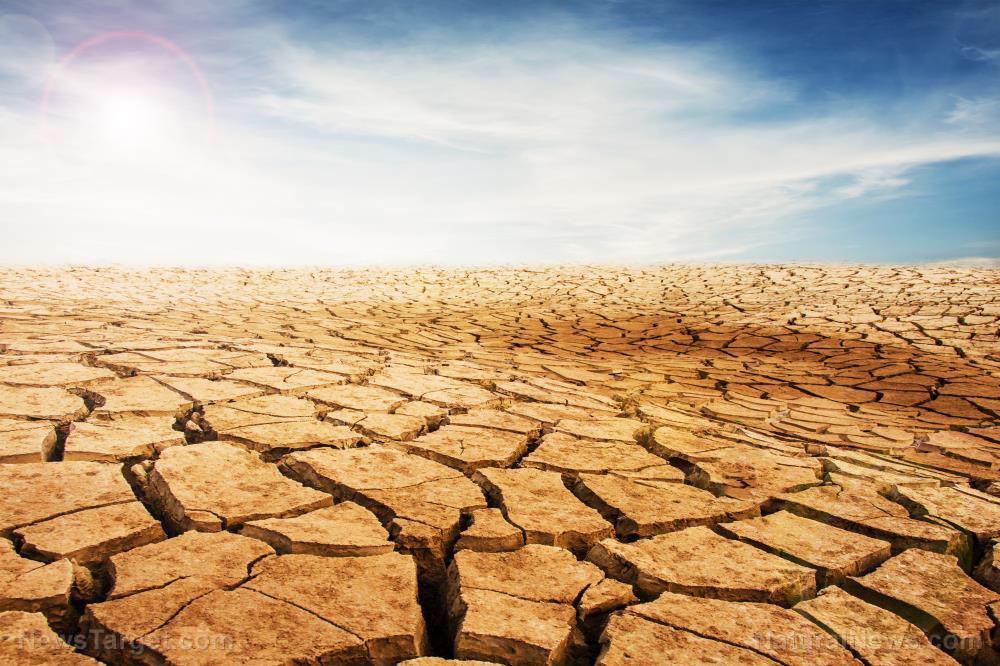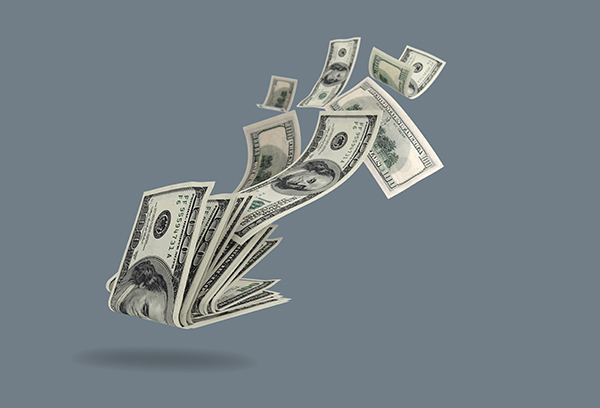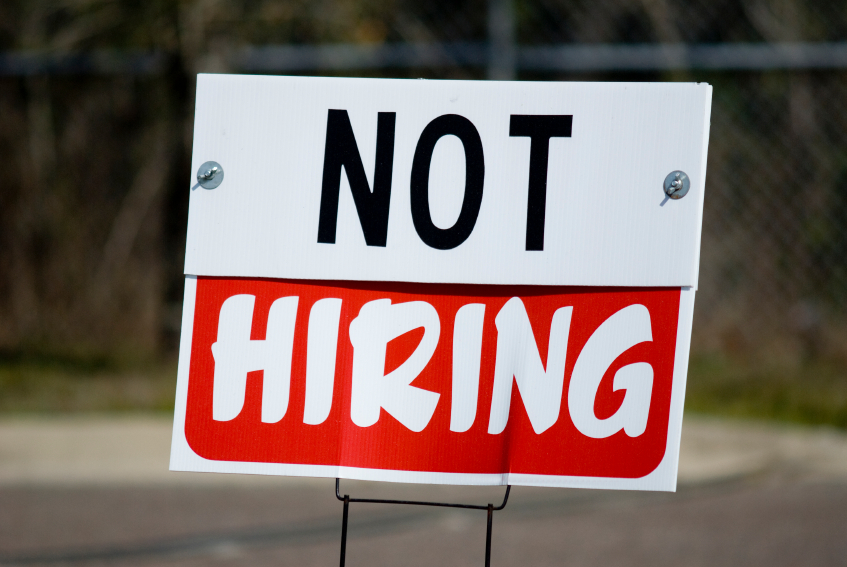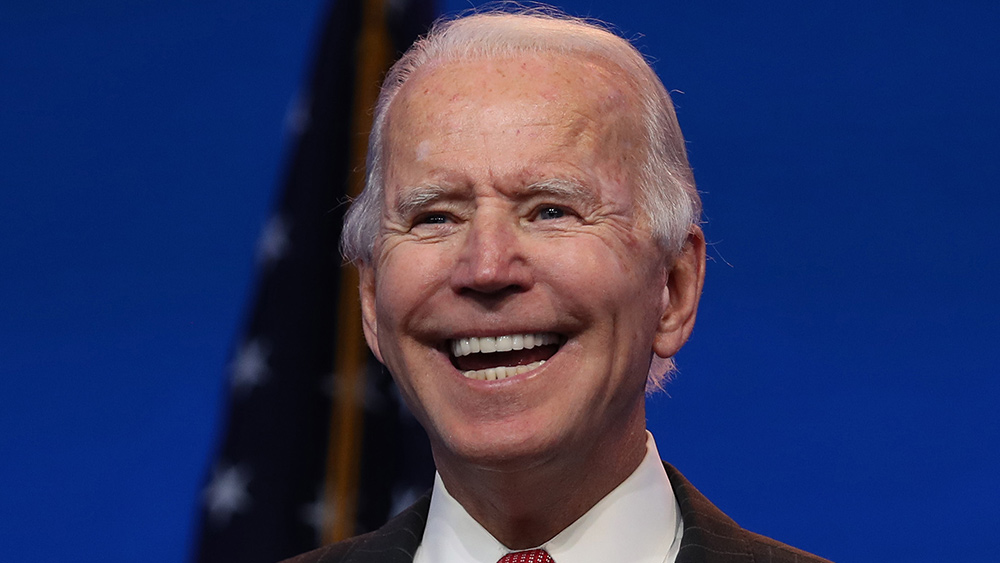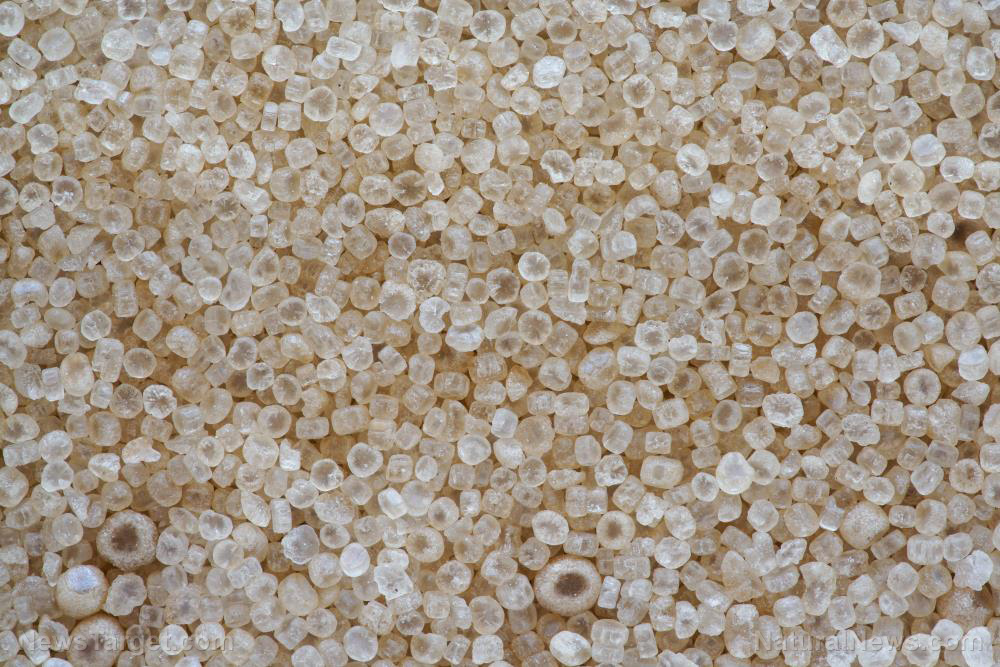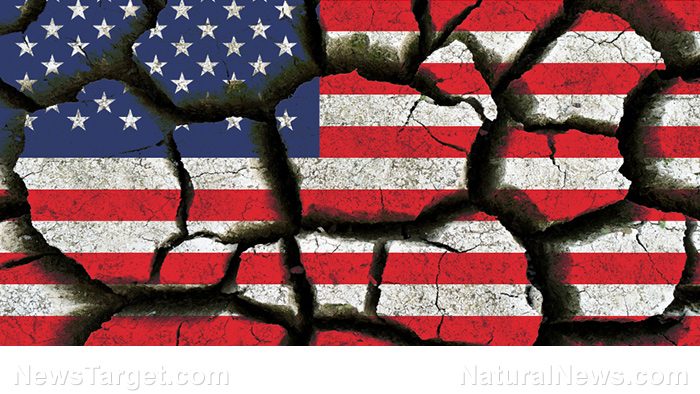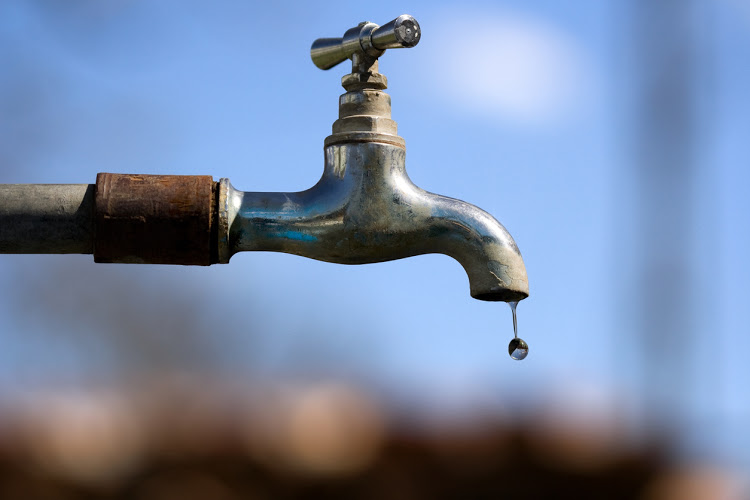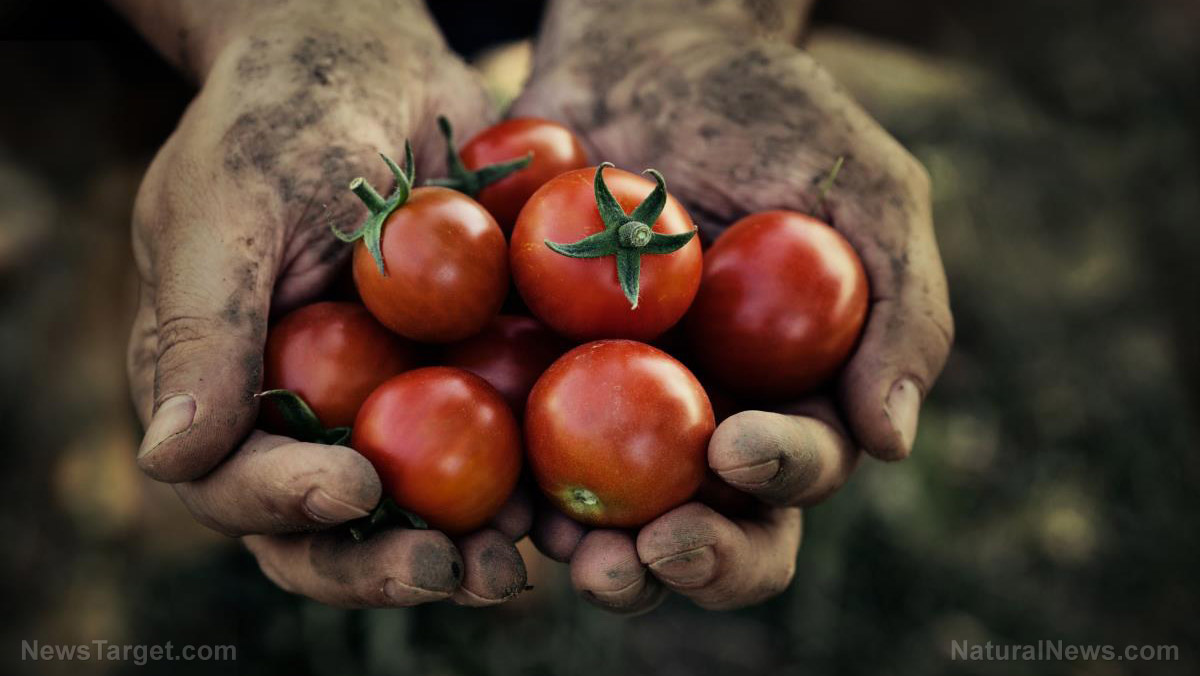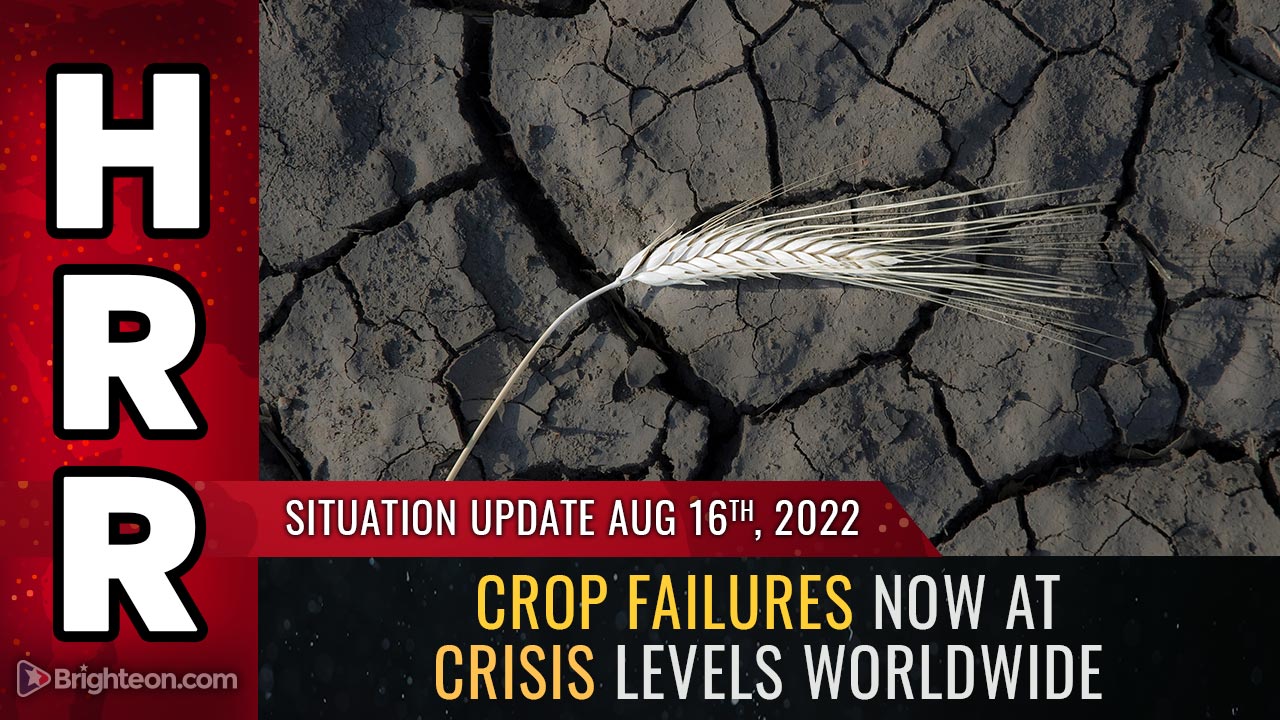Oklahoma cattle producers warn drought conditions could push beef prices to $50 a pound
08/21/2022 / By Arsenio Toledo
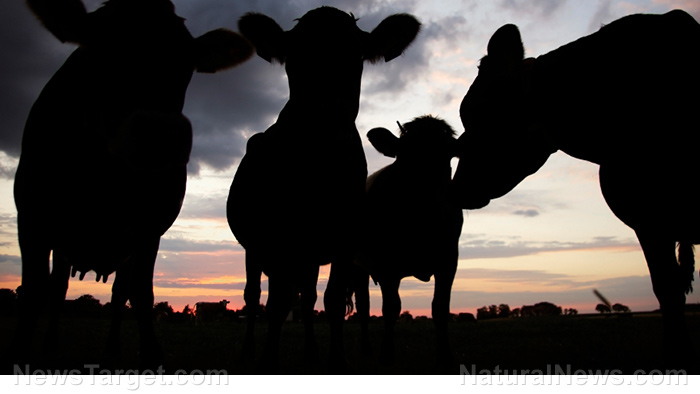
As drought continues to wreak havoc upon much of Oklahoma, the state’s cattle ranchers are warning that if conditions don’t improve beef prices could soar to $50 per pound.
About a decade ago, during Oklahoma’s last deep drought, dry conditions were mostly limited to certain parts of the state. This has historically been the case for Oklahoma, with certain regions suffering from dry conditions and being supported by other regions with better weather conditions.
But now, federal weather information shows that the whole state is currently classified as being in a state of drought. Some areas are considered “abnormally dry,” while others are listed as experiencing more “extreme” drought conditions.
The drought conditions are not limited to Oklahoma. Many parts of other surrounding states, especially Texas, are also experiencing severe levels of drought, making it difficult for cattle ranchers to find help from close by.
There are some federal programs that can provide assistance, including the Livestock Forage Disaster Program, which provides financial assistance to eligible producers who are experiencing drought during the usual grazing season, resulting in the loss of livestock.
The Emergency Assistance for Livestock, Honeybees and Farm-Raised Fish Program also provides financial assistance for certain feed losses associated with heightened costs for hauling water to livestock, transporting feed to livestock or transporting livestock to grazing areas.
However, both of these programs are only able to pay for a portion of the damages caused by the current heatwave. The size of the payments is determined by local costs and drought levels from the U.S. Drought Monitor.
Raising cattle becoming far too expensive to keep beef prices low
The brutal heat is taking a massive toll on hay production and drying up many pastures that cattle graze on during this time of year. Low feed supplies is pushing prices up, which in turn is pushing cattle ranchers to make some tough decisions with their herds, including raising prices. (Related: More calf-producing cattle are being sold for slaughter, decimating cattle herds and making beef prices surge.)
“My pasture’s grass is probably half of what it normally is,” said Jordan Cook, a breed stock producer. “That means we’ve started feeding hay in July, and normally we don’t start feeding hay until October or November, just depending on the year.”
“A load of feed can cost, probably, $8,000 to $9,000,” said Cook. “You can’t have that extra cost every month.”
Cook added that she and many other cattle ranchers are being forced to “literally haul water because the ponds are dry… The diesel and gas it takes to haul water is probably our biggest challenge.”
“If it costs $200 to feed and raise a cow in 2021 to a market value of $600, imagine what the value will have to be when 2022’s herds hit the same market seeking the same profit margin,” wrote Kelso for Z94.
He added that the economic restrictions of 2020, coupled with supply chain issues of 2021 and this year’s rapid inflation, beef producers in southwestern Oklahoma have calculated that cheap ground beef could eventually cost consumers $50 per pound.
“Even worse, while beef is the topic because Oklahoma is a beef-producing state, the same trend is happening to other raised proteins at the moment too,” wrote Kelso. “The answer won’t be ‘We’ll just switch to chicken.’ Those prices are steadily climbing too, and let’s not get depressed together thinking about bacon and pork loin.”
Learn more about the rise in food prices at FoodInflation.news.
Watch this clip from WION discussing how upward of 10,000 cattle died in Kansas due to the drought.
This video is from the WGON channel on Brighteon.com.
More related stories:
USDA’s July Cattle Report: Drought accelerates liquidation of beef cattle herds.
US crops, cattle herds at risk due to “intense heat and dry conditions.”
Intense DROUGHT driving Texas ranchers to sell off cattle herds.
Thousands of cattle die in Kansas as attack on America’s food supply continues.
Sources include:
Submit a correction >>
Tagged Under:
beef, beef prices, cattle, chaos, collapse, drought, economic collapse, economics, economy, environment, federal aid, food collapse, food inflation, food supply, groceries, hay, heatwave, inflation, weather
This article may contain statements that reflect the opinion of the author
RECENT NEWS & ARTICLES
FoodInflation.News is a fact-based public education website published by FoodInflation News Features, LLC.
All content copyright © 2022 by FoodInflation News Features, LLC.
Contact Us with Tips or Corrections
All trademarks, registered trademarks and servicemarks mentioned on this site are the property of their respective owners.

